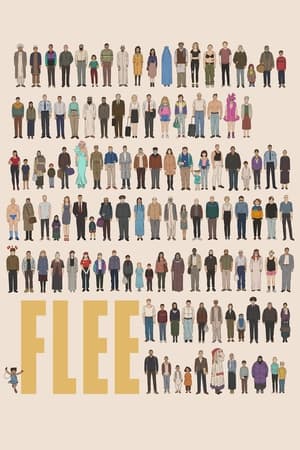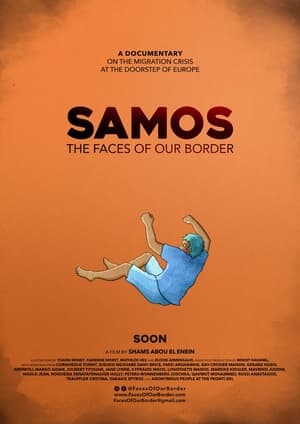Řecké děti
Top 1 Billed Cast
Commentary (voice)

Řecké děti
HomePage
Overview
Release Date
1948-01-01
Average
0
Rating:
0.0 startsTagline
Genres
Languages:
ČeskýKeywords
Similar Movies
 0.0
0.0Obaida(en)
OBAIDA, a short film by Matthew Cassel, explores a Palestinian child’s experience of Israeli military arrest. Each year, some 700 Palestinian children undergo military detention in a system where ill-treatment is widespread and institutionalized. For these young detainees, few rights are guaranteed, even on paper. After release, the experience of detention continues to shape and mark former child prisoners’ path forward.
 4.8
4.8Mr. Gay Syria(en)
In focusing his attention on the competitors of Mr Gay Syria, director Ayse Toprak shatters the one-dimensional meaning of “refugee”. Using the pageant as a means of escape from political persecution, the organiser Mahmoud — already given asylum in Berlin — hopes to offer the winner a chance to travel as well as bring international attention to the life-threatening situations faced by LGBT Syrians.
 6.8
6.8Human Flow(en)
More than 65 million people around the world have been forced from their homes to escape famine, climate change and war, the greatest displacement since World War II. Filmmaker Ai Weiwei examines the staggering scale of the refugee crisis and its profoundly personal human impact. Over the course of one year in 23 countries, Weiwei follows a chain of urgent human stories that stretch across the globe, including Afghanistan, France, Greece, Germany and Iraq.
The Boy who plays On The Buddhas Of Bamiyan(en)
In March 2001, the ruling Taliban destroyed Afghanistan's foremost tourist attraction, the 1600 year-old Buddhas of Bamiyan. This film follows the story of one of the refugees who now lives among the ruins….an eight-year-old boy named Mir.
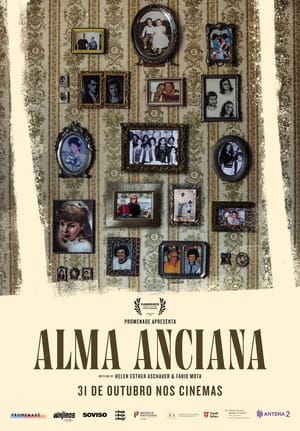 0.0
0.0Alma Anciana(pt)
Three juxtaposing stories taking place in Portugal, Austria and Cuba create an intimate and poetic portrait of the daily lives and struggles of the elderly in an unstable world, seen through the eyes of their grandchildren.
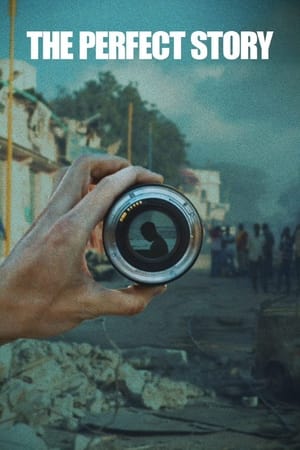 0.0
0.0The Perfect Story(en)
The Perfect Story offers a riveting, intimate look at the ethical and moral challenges sparked by the relationship between a foreign correspondent and a young Somali refugee. By revealing the boundaries of journalism and filmmaking, the film questions what stories are told, why, and who gets to tell them.
 6.3
6.3This Is Home: A Refugee Story(ar)
The lives of four Syrian families, resettled in Baltimore and under a deadline to become self-sufficient in eight months.
 7.0
7.0A Sense of Justice(fr)
A Sense of Justice, immerses us In a law firm in this same city. There, we can find Christine Mengus and Nohra Boukara, specialized in the rights of foreigners, supported by Audrey Scarinoff and their co-workers.. Stories from their sad, appalling or tragicomic cases alternate with their daily legal work. And as we hear snatches of consultations involving illegal entry or departure, deportation orders, the right to reside or medical assistance, we become witnesses to predictable tragedies, to the administrative or social precariousness induced by such predicaments, and to whole lives depending on court rulings.
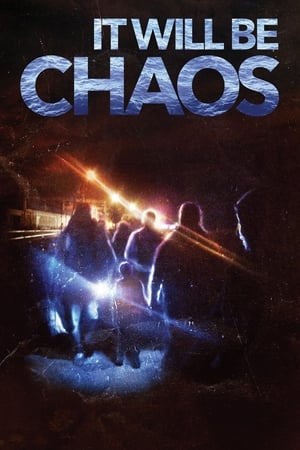 7.0
7.0It Will be Chaos(ar)
Part road-movie and part intimate portrait of lives in transit, IT WILL BE CHAOS unfolds between Italy and the Balkan corridor, intercutting two unforgettable refugees stories of human strength and resilience.
 7.5
7.5Into the Arms of Strangers: Stories of the Kindertransport(en)
In the nine months prior to World War II, 10.000 innocent children left behind their families, their homes, their childhood, and took the journey... to Britain to escape the Nazi Holocaust.
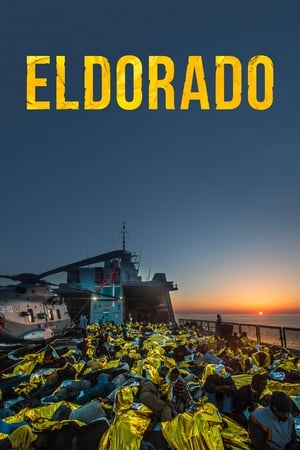 5.8
5.8Eldorado(de)
Drawing inspiration from his personal encounter with the Italian refugee child Giovanna during World War II, Markus Imhoof tells how refugees and migrants are treated today: on the Mediterranean Sea, in Lebanon, in Italy, in Germany and in Switzerland.
 7.1
7.1The Donut King(en)
Cambodian refugee Ted Ngoy builds a multi-million dollar empire by baking America's favourite pastry: the doughnut.
 7.7
7.7Beyond Utopia(en)
A courageous pastor uses his underground network to rescue and aid North Korean families as they risk their lives to embrace freedom.
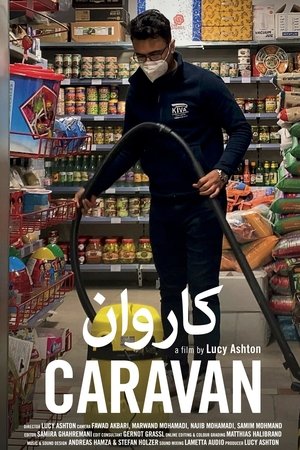 0.0
0.0Caravan(en)
The four Afghan refugees who have applied for asylum in Austria strike up the song, “The caravan moves on” again and again. Encouraged by the journalist Lucy Ashton to record their lives on their smartphone cameras as a video diary, the friends film their precarious daily routine between visits to authorities, small jobs, and changing accommodations. Yet even when hope is lost, one certainty remains: the power of friendship.
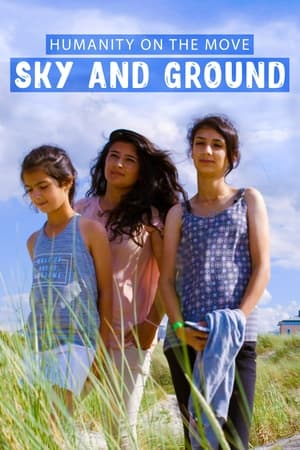 0.0
0.0Sky and Ground(en)
Three generations of the Nabi family flee their home in Aleppo and try to make it to safety in Germany where some members of the family have already settled. Along the way they suffer countless setbacks and heartache.
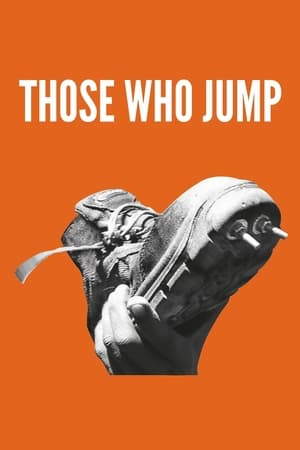 6.0
6.0Those Who Jump(en)
In northern Morocco lies the Spanish enclave of Melilla: Europe on African Land. On the mountain above live over a thousand hopeful African migrants, watching the land border, a fence system separating Morocco and Spain. Abou from Mali is one of them – the protagonist in front of the camera, as well as the person behind it. For over a year, he has ceaselessly persisted in attempting to jump the fence.
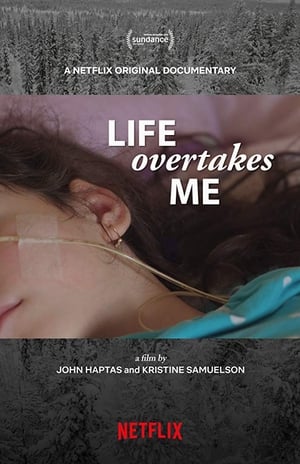 6.5
6.5Life Overtakes Me(en)
Hundreds of refugee children in Sweden, who have fled with their families from extreme trauma, have become afflicted with 'uppgivenhetssyndrom,' or Resignation Syndrome. Facing deportation, they withdraw from the world into a coma-like state, as if frozen, for months, or even years.
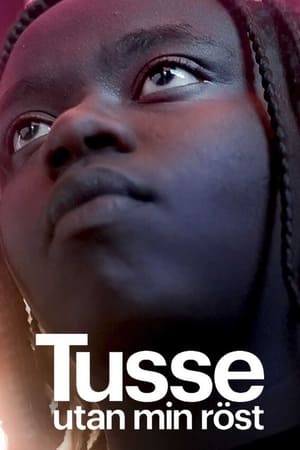 0.0
0.0Tusse: Without my voice(en)
With less than a month until his Eurovision appearance Tusse must undergo a surgery that puts everything in jeopardy. Here is Tusse’s incredible life story, from Congolese refugee to winner of Swedish Idol and Melodifestivalen.
